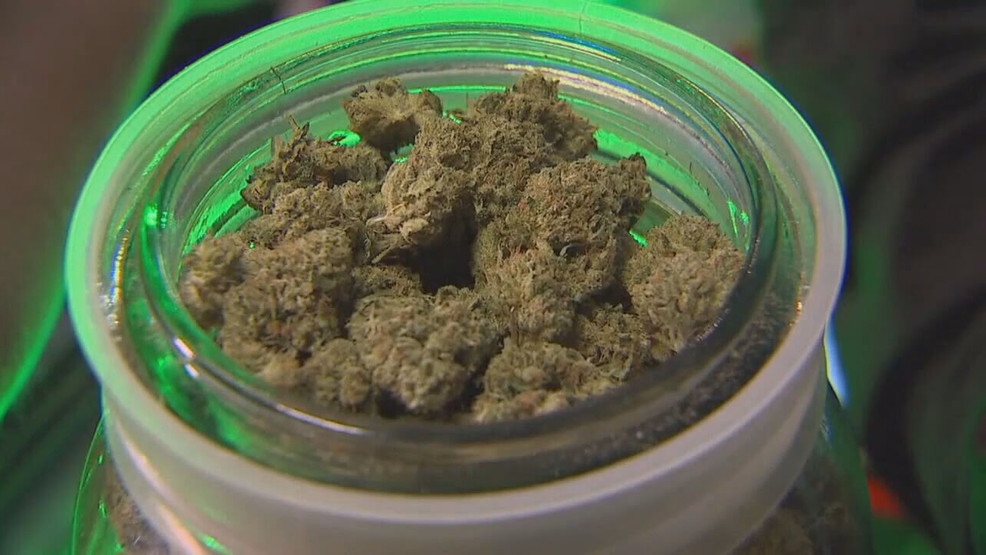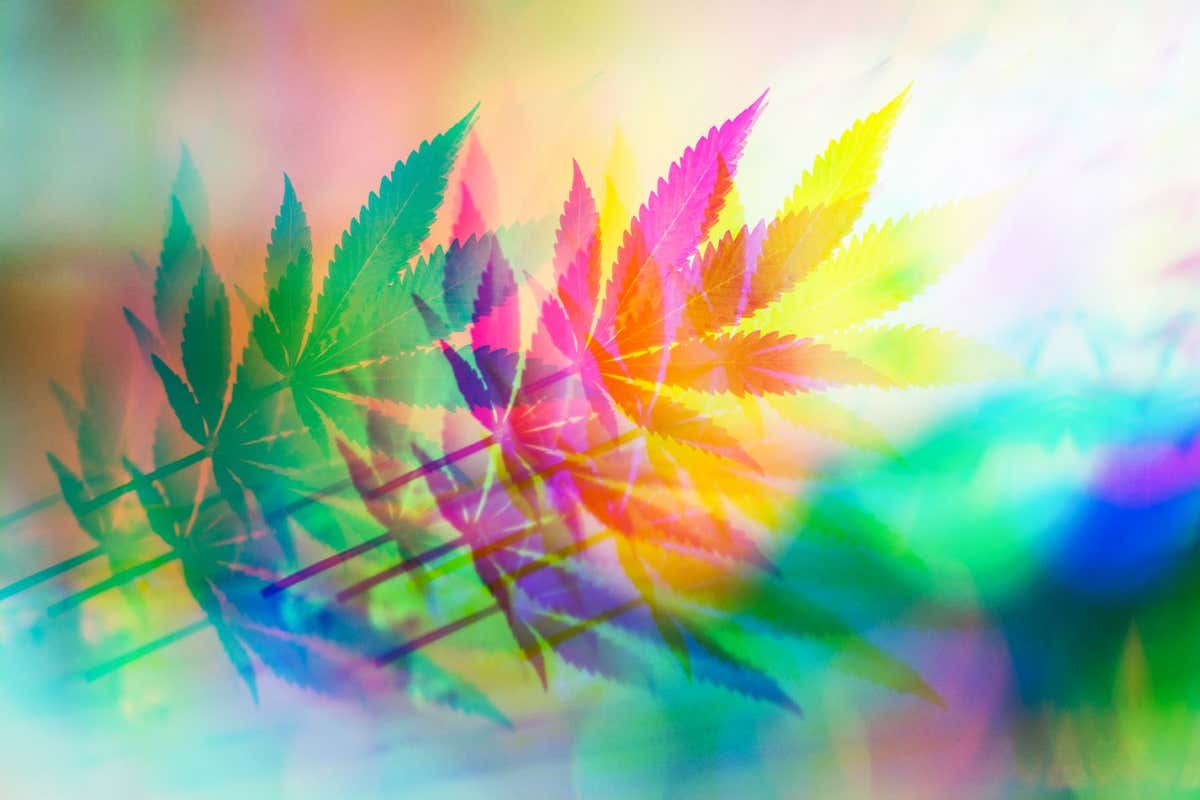EDITORIAL: Incarceration Isn’t the Solution to Marijuana Issues

- The amendments to the cannabis control law and the narcotics and psychotropic substances control law, passed in late 2021, classify cannabis as a narcotic and make unauthorized use or possession a criminal offense punishable by up to seven years in prison. This comes in response to an increase in arrests for cannabis-related offenses, which hit a record 5,783 arrests in 2021.
- There’s a growing trend amongst the younger generation in Japan to view cannabis use in a positive light, potentially influenced by the legalization of cannabis for recreational use in some parts of the world. However, cannabis contains harmful components that can increase the risk of drug dependency and mental illness, with prolonged use affecting cognitive functions over the long term.
- The legal change has raised concerns as it could deepen the isolation of abusers and contribute to their stigmatization, contrary to the “international trend of focusing on recovery support for drug abusers”. Some argue that mandating participation in education or treatment programs could be more effective. On a positive note, the law revisions have legalized the use of pharmaceuticals manufactured from cannabis, beneficial for patients and families who need them.
Amendments to Japan’s Cannabis and Narcotics Laws
The recent amendments to the cannabis control law and the narcotics and psychotropic substances control law in Japan have introduced new criminal offenses for cannabis use. The Dec. 6 revisions categorize cannabis as a narcotic, and unauthorised use or possession can now lead to a prison sentence of up to seven years.
The legislative changes were driven by a significant increase in cannabis-related arrests. In 2021 alone, police apprehended a record 5,783 individuals for cannabis-related offenses, with approximately 70% of the apprehended individuals aged under 30.
Before these amendments, no criminal charges were considered if cannabis was found in urine samples, unless the individual physically possessed the substance. The new law that prohibits cannabis use may lead to a surge in arrests.
Despite the legalization of recreational cannabis use in parts of the world, including some US states, the harmful effects of cannabis remain a reality. Long-term use can increase dependency risks, mental health issues, and impair cognitive functions. It is essential for everyone to understand the health impacts of cannabis use.
Effective Systems for Drug Abuse and Addiction
Merely imposing criminal penalties will not address the multifaceted problem of drug abuse and addiction. Developing effective systems for guiding drug abusers toward medical treatment, mental intervention and relapse prevention programs is crucial.
Before the law was amended, a group of health ministry experts had reservations about the proposal, with three out of 12 members opposing it. Concerns raised included potential isolation and stigmatization of drug abusers, and a shift away from international trends focusing on recovery support.
Cannabis use among students is rising, prompting debates about whether criminal punishment is the best approach. Some argue that mandatory participation in education or treatment programs could be more effective, necessitating further discussion.
Legalisation of Medicinal Cannabis
The law amendments have also legalised pharmaceuticals made from cannabis, benefiting patients and families in need. Foods and cosmetics with cannabis components not subject to legal regulation are already in the market, with wider availability expected.
There have been cases in the past where harmful substances were found in such products. Stronger monitoring and provision of accurate information about cannabis and its consumption by the health ministry is vital.
—
Read More Cannabis News



Leave a Comment